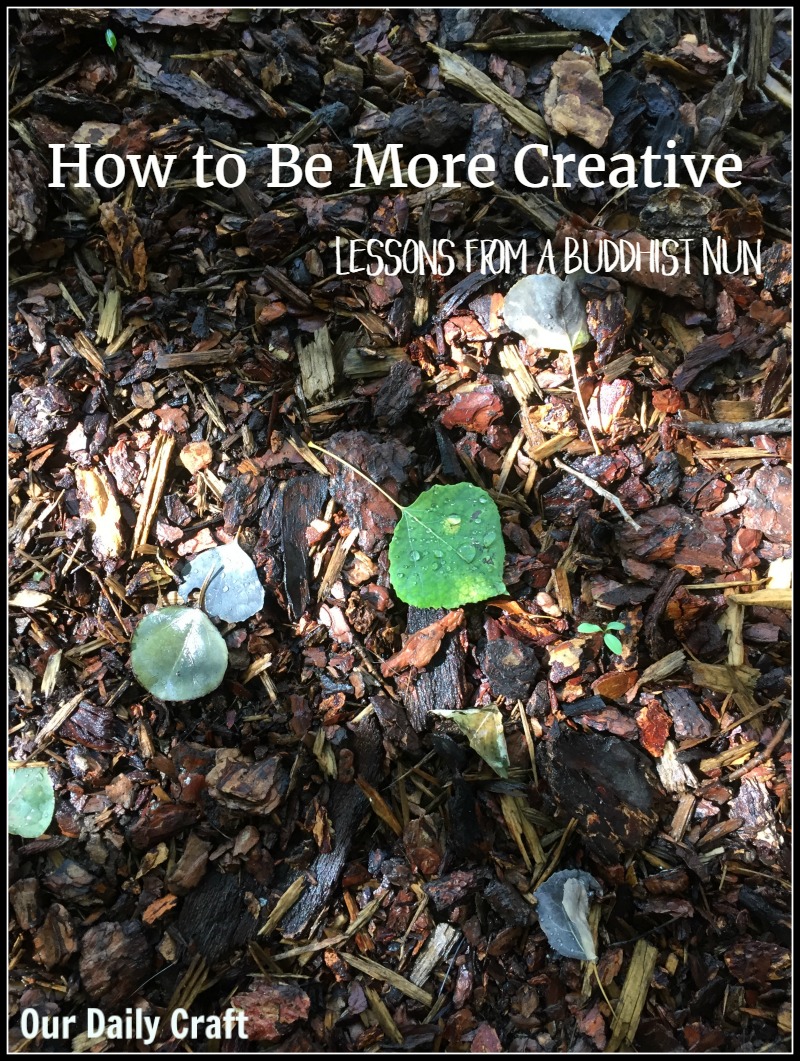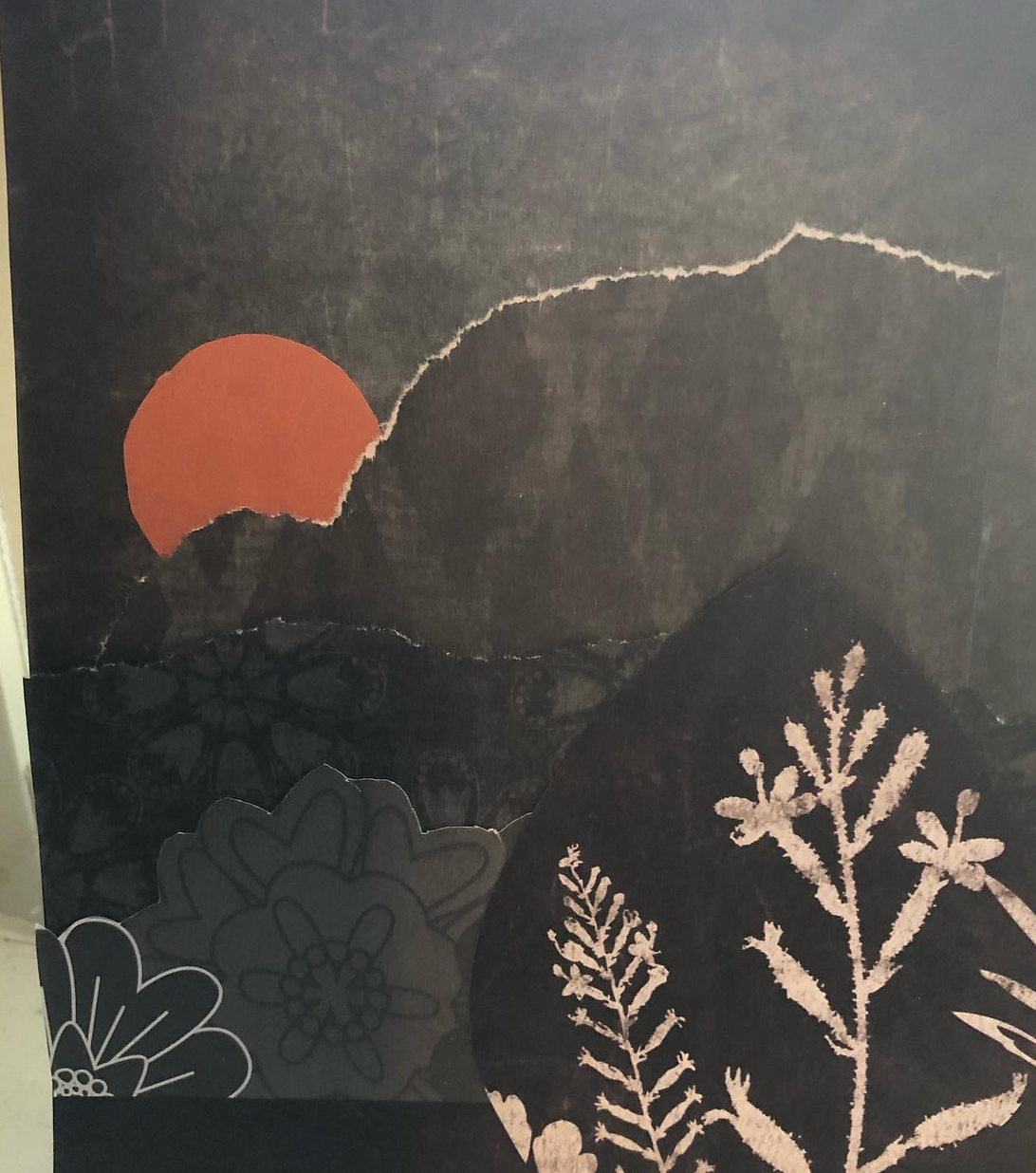Affiliate links may be included for your convenience. View our privacy and affiliates policy for details.
Not too long ago, the girl and I were up early playing in the playroom, as we do sometimes on the weekends. She had pulled out some blocks and decided she wanted to make a sphinx (she’s very into ancient Egypt). 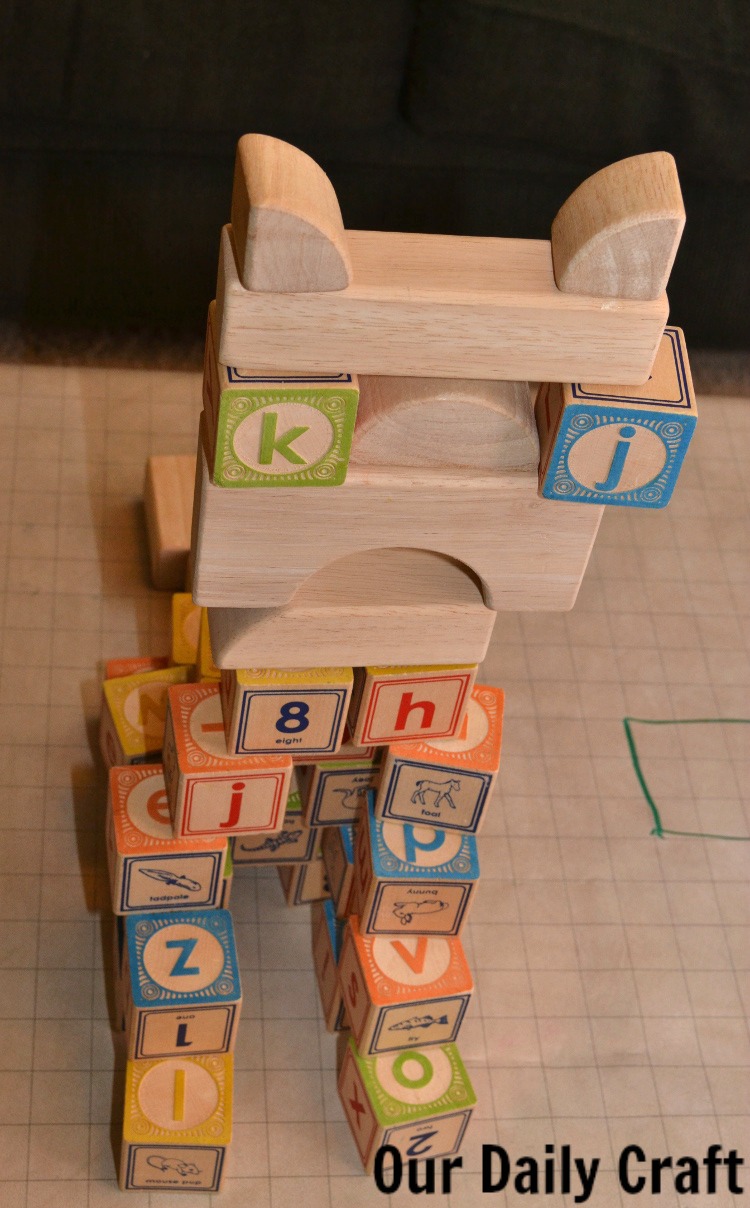
After working on it for a while, she stepped back and determined it actually looked like a cat. She was a little disappointed, but realized that what she ended up with was pretty cool, even though it wasn’t what she expected.
Expectations Get Us into Trouble
All too often our creations don’t turn out the way we want and that leaves us disappointed. I hate that I can’t draw better than I can, and often my paintings don’t look the way on canvas that they do in my head.
As a knitwear designer, I know this problem, too. There are a lot of designs that sit in my head a long time until I finally knit them, and several of them ended up coming to life in my book Colorwork Knitting.
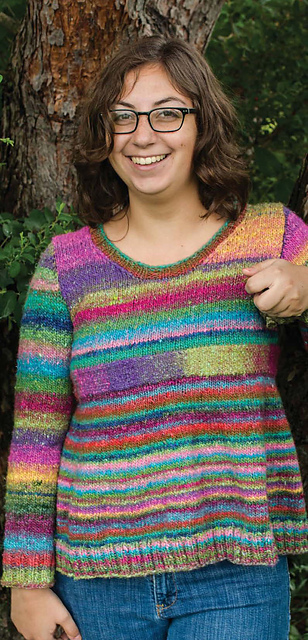
Some of them are amazing, if I do say so myself. There’s this one sweater that had been in my head for years, and it’s probably the most perfect thing I have ever designed. When I wear it you can tell it was made for me; the “waist” hits in just the right place and it’s exactly the sweater I always wanted. It’s a thrill to wear.
Another thing I always wanted to make was something involving these flowers that I have always doodled everywhere. They became part of a vest, but I pretty much hate the way it turned out. I didn’t have the time or the will to figure out how to fix it, and it’s a major disappointment.
Luckily most of the time our creative missteps aren’t published in books or even shared with other people. But that doesn’t mean it doesn’t hurt.
How to Limit Expectations When Making Art
The best we can do is try to remember that all art, all creation, is an experiment. Everything we create is unique; even if we’ve made it before, it never turns out exactly the same way. 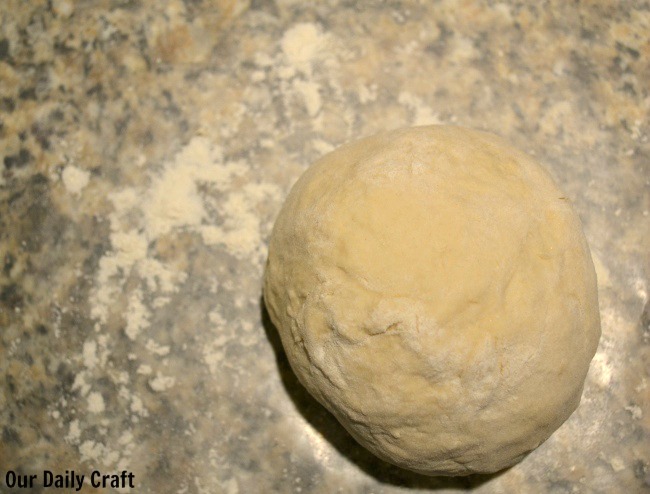
Consider cooking. Sometimes the bread burns or the lasagna gets too much garlic. Even our go-tos can fail us from time to time.
It’s the same with any other act of creativity.
But we still make things because sometimes they are perfect, or as close to perfect as we can get.
Sometimes they are merely satisfying; they fill a need for food or a desire to make something before the day is done.
What Art Can Teach You
And the thing is, we never know which it is going to be when we set out to make something, whether a poem or a painting, a sweater or supper. 
There are so many place for it to go wrong, if you want to label it that way. But the “bad” art experiences still teach us something.
Maybe a technique you thought would work failed miserably at doing what you expected, but it still made something interesting.
Maybe the dish came out inedible and taught you that you need a new meat thermometer.
Or maybe you will learn that you create better under pressure, when you don’t have time for your thoughts to get in the way.
And with each creation that comes out a little different than you expected — as well as those rare ones that are a perfect rendition of what was inside your head — you will learn that giving up control is a good thing.
If you have fewer expectations of perfection, whatever that means, you will surprise yourself more and start to love even the “mistakes.”
What do you think? How do you feel when a project doesn’t turn out the way you planned? I’d love to hear your thoughts!
